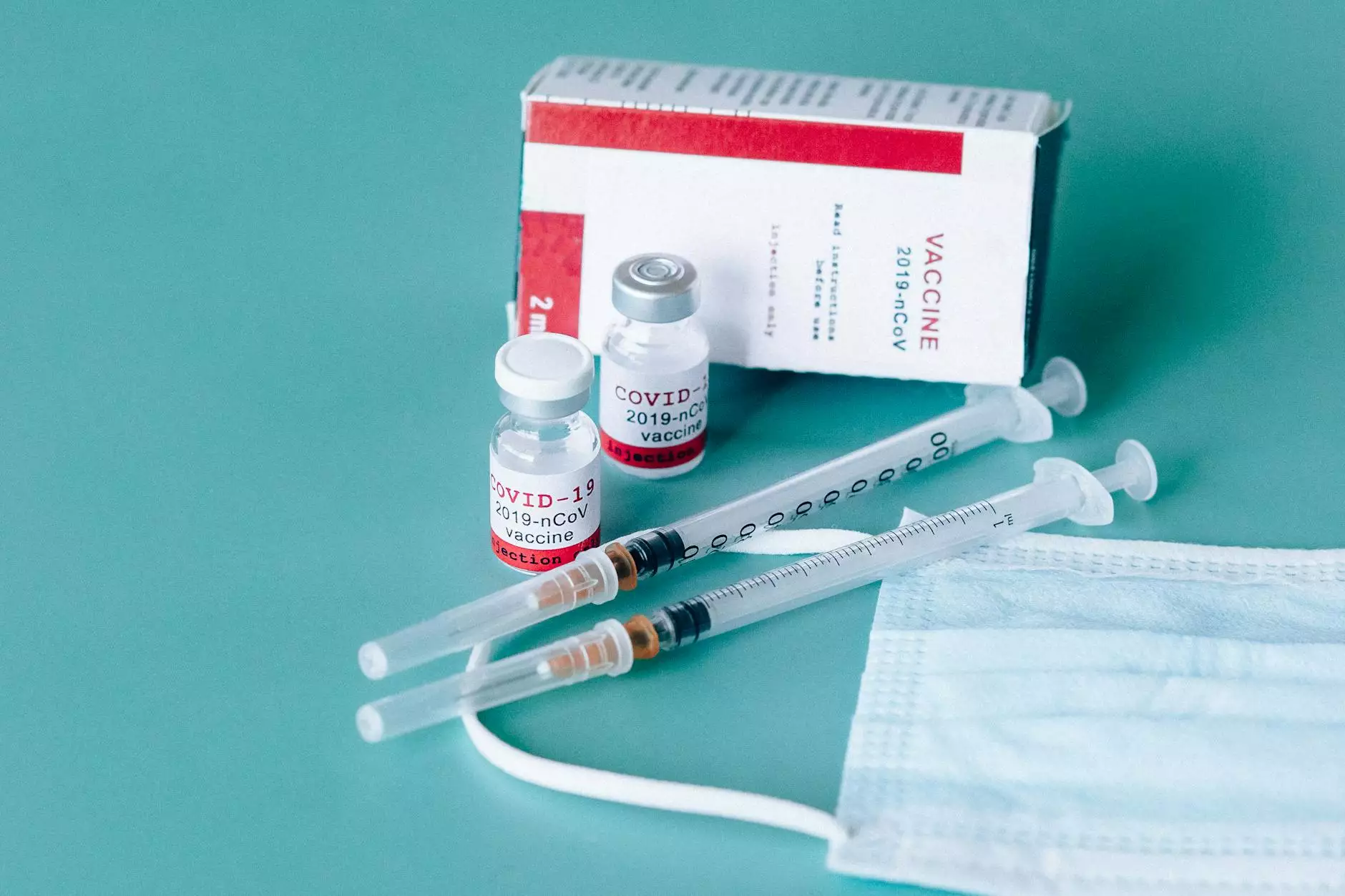Muscle Mass, Testosterone, and Your Overall Health
Health
Understanding the Relationship
When it comes to your overall health, the connection between muscle mass and testosterone levels is undeniable. Muscle mass, which refers to the amount of muscle tissue in your body, plays a crucial role in various aspects of your well-being. Testosterone, on the other hand, is a hormone that significantly impacts muscle growth, bone density, and overall vitality.
The Importance of Muscle Mass
Having sufficient muscle mass is vital for several reasons. Firstly, muscles are responsible for providing strength and mobility, enabling you to carry out daily activities with ease. Additionally, muscle mass plays a crucial role in burning calories and maintaining a healthy weight, which is crucial for preventing obesity-related conditions such as diabetes and heart disease.
Moreover, increased muscle mass improves insulin sensitivity, reducing the risk of developing type 2 diabetes. It also contributes to better posture and reduces the likelihood of experiencing joint pain and injuries.
The Role of Testosterone
Testosterone is a critical hormone, particularly for men. It is responsible for the development of reproductive tissues and secondary sexual characteristics, such as facial and body hair. However, testosterone is not limited to its effect on appearance.
Testosterone plays a pivotal role in building and maintaining lean muscle mass. It stimulates protein synthesis, allowing the body to repair and rebuild muscle tissue after exercise or injury. This hormone also aids in bone development and maintenance, which is crucial for overall skeletal health and preventing osteoporosis.
Furthermore, testosterone contributes to red blood cell production, which improves oxygen delivery to muscles. This increased oxygenation enhances endurance and contributes to overall athletic performance.
The Impact of Low Testosterone
When testosterone levels decline significantly, several negative consequences can occur. Low testosterone, also known as hypogonadism, can lead to decreased muscle mass, increased body fat, and a reduced ability to build and repair muscle tissue.
In addition to physical changes, low testosterone levels can also have an impact on overall mood and well-being. Individuals with low testosterone may experience symptoms such as fatigue, decreased motivation, irritability, and even depression.
How to Maintain Healthy Testosterone Levels
If you are concerned about your testosterone levels or muscle mass, don't worry. CHI St. Luke’s Health - Performance Medicine is here to help. Our team of experts specializes in optimizing hormone levels, including testosterone, and improving overall health and wellness.
We offer a range of personalized treatment options tailored to your specific needs. Our approach combines cutting-edge medical expertise with a focus on holistic health, ensuring that you receive the best care possible.
Benefits of Increasing Muscle Mass and Testosterone Levels
The benefits of increasing muscle mass and testosterone levels are numerous and extend far beyond physical appearance. By optimizing muscle mass and testosterone levels, you can:
- Enhance strength and agility
- Improve overall athletic performance
- Boost metabolism and aid in weight management
- Reduce the risk of diabetes and heart disease
- Enhance bone density and prevent osteoporosis
- Alleviate joint pain and reduce the risk of injuries
- Promote overall well-being and mood
Take Control of Your Health Today
Don't let muscle mass and testosterone levels compromise your overall health and well-being. Contact CHI St. Luke’s Health - Performance Medicine to schedule a consultation and discover how our comprehensive services can help you optimize your muscle mass and hormone levels.
Our dedicated team is committed to providing you with the highest level of care and expertise, ensuring that you achieve and maintain optimal health.










